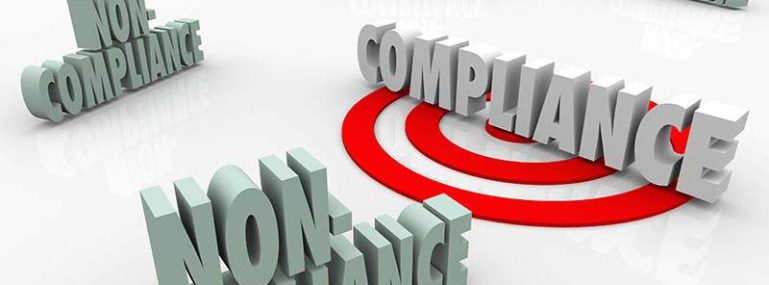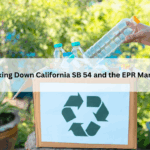It is on 17 May 2017 the EU Parliament and EU Council had laid down new import regulation on ‘Conflict Minerals’ under Regulation 2017/821. The importers of Tin, Tantalum, Tungsten and Gold (3TG) into European Union are required to carry out due diligence on their supply chain. Before importing, they are entitled to confirm whether the 3TG minerals and metals they import have been mined and processed as accepted norms in regulation. The regulation is introduced to make sure the 3TG minerals traded are not funding security forces or armed groups in areas of conflict.
The EU conflict minerals regulation will ensure
- That EU importers of 3TG are responsible for sourcing standards set by the Organisation for Economic Co-operation and Development (OECD)
- That global and EU smelters and refiners of 3TG are sourced responsibly
- To help break the link between conflict and exploitation of minerals illegally; and
- To help and support local government to put an end to the exploitation and abuse of local communities, including mine workers.
The raw materials such as tin, tantalum and tungsten, their ores, and gold are covered under the EU ‘Conflict Minerals’ Regulation, companies importing these minerals used in producing medical devices, mobile phones, technology, automotive products, as well as jewellery, will have to be compliant with standards defined as per the regulation.
These regulations imposes a five step framework for importers, which the Organisation for Economic Co-operation and Development (OECD) has defined in a document called ‘Due Diligence Guidance for Responsible Supply Chains from Conflict-Affected and High-Risk Areas’ (OECD Guidance).
- The Importer needs to establish an internal management system;
- There should be no leniency in Identifying and assessing the risks in the supply chain;
- Implement a strategy to respond to identified risks;
- Under OECD Guidance, importers are required to carry out an independent third-party audit of supply chain due diligence;
- Importers have to report supply chain due diligence on an annual basis.
The EU Member States can choose to enforce this regulations, ex-post checks of how union importers comply with the Conflict Minerals Regulations. This includes audits of records as well as on-the-spot inspections.





